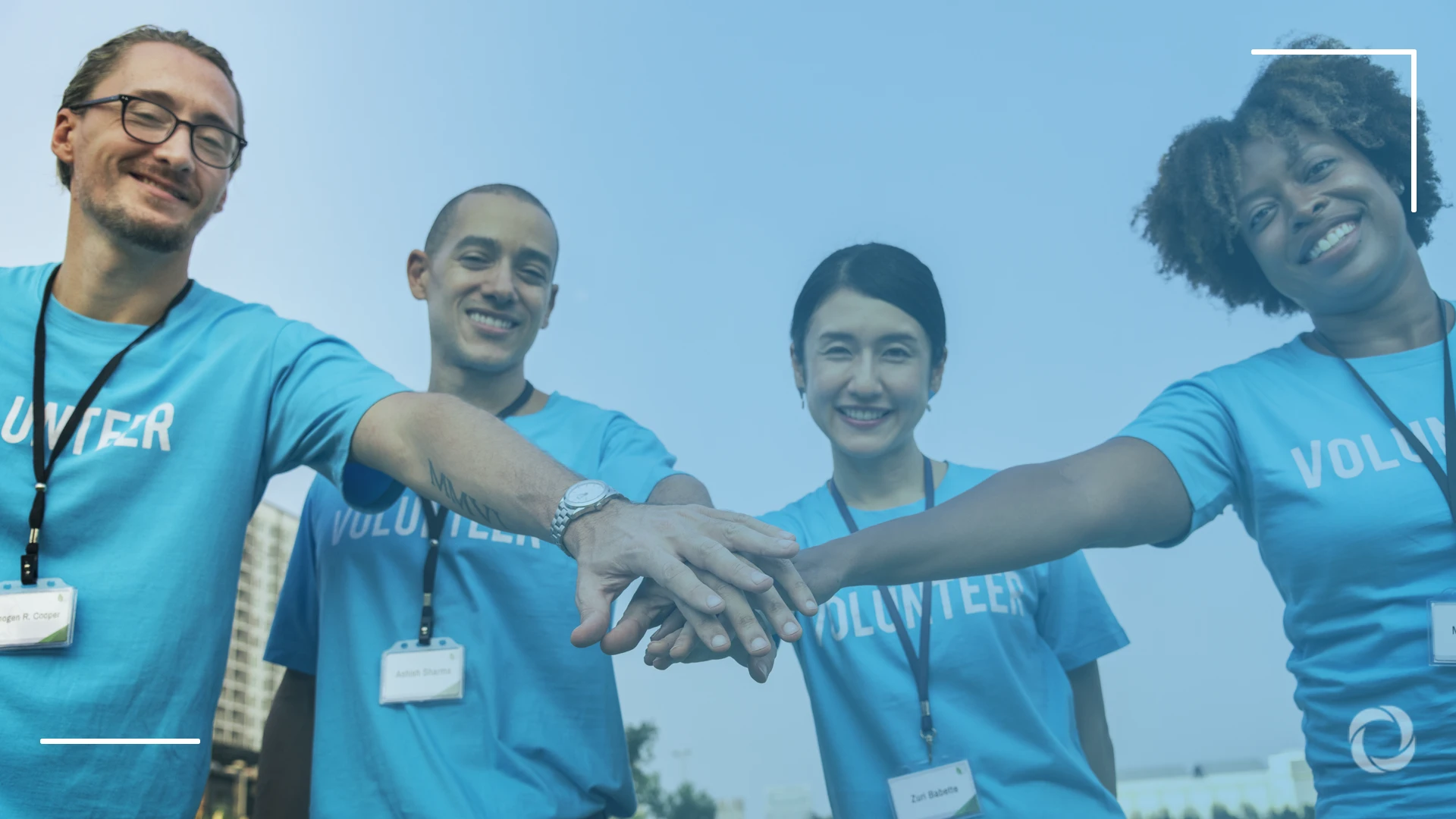In honor of World Humanitarian Day, DevelopmentAid is offering a special one-time discount of 20% off for our Professional and Professional Plus individual membership plans.
In the global development sector, humanitarian workers are those who head to the frontlines to battle poverty, disease and to assist those afflicted by natural disasters and armed conflicts. Whether on behalf of the United Nations, NGOs, or charitable and religious organizations, humanitarian workers brave often dangerous and challenging environments to ensure that the people most in need of help are treated with dignity and respect during what can be the worst moments of their lives.
It may sound like hyperbole to some, but humanitarian workers are a shining light to all humanity, exemplifying the best spirit of humanity in which we are all neighbors on this planet that we share. Humanitarian workers go to places few others dare to tread, running headlong into the aftermaths of earthquakes, floods, and wildfires to deliver critically needed food, clean water, shelter, and medical care.
Although many are called to be a humanitarian worker, few are chosen. The job requires a combination of mental toughness and indefatigable energy to handle the extreme conditions and high-stress situations that humanitarian workers must face daily. Humanitarian workers also must be flexible and ready to adapt to constantly changing and unpredictable conditions. And finally, strong linguistic and interpersonal skills are mandatory so that humanitarian workers can bridge the gap between people of different backgrounds, cultures, and traditions to deliver care most effectively.
Many humanitarian workers are highly educated professionals who have forsaken the comforts of a well-paid career to offer their skills and talents to women, children, the elderly, and those most in need in some of the farthest flung corners of the earth. They even put their personal relationships and families on hold so that a person they have never met before from a far-off land receives the emergency care that they so desperately need during the darkest hours of their lives.
Every single day, humanitarian workers put their lives, their psychological well-being, and their personal safety on the line to respond to natural disasters and other emergencies. Much like “first responders” at home, humanitarian workers are those who are first called whenever someone is in deep trouble and urgently needs shelter, medical treatment, and sustenance just to survive another day.
With the dawn of the 19th century and a rising awareness that the price of war affected the lives of civilians, not just soldiers, governments began to realize that there was an urgent need to respond to unfolding disasters. The Geneva Conventions (beginning in 1864) and the rise of professional nursing services, starting with the formation of the Red Cross and other similar organizations, saw an evolution towards accepting the responsibility that everyone deserves to be cared for with dignity and respect. Today, humanitarian work is seen as an essential element of upholding basic human rights as part of a global tradition of compassion in the face of suffering.
See also: World Humanitarian Day: challenges, opportunities and perspectives | Experts’ Opinions
To every single person who has braved the horrors of war or battled through apocalyptic conditions following a natural disaster to deliver aid and comfort to those in need, we at DevelopmentAid and everyone else involved in the international development sector thank you from the bottom of our hearts.
If you’re an individual expert working in the field of sustainable international development, DevelopmentAid is the world’s leading provider of information services in the sector. Members get access to thousands of public tenders and grant opportunities for individuals that can help further your career and serve as a vital link in the infrastructure backbone for humanitarian efforts around the world.


